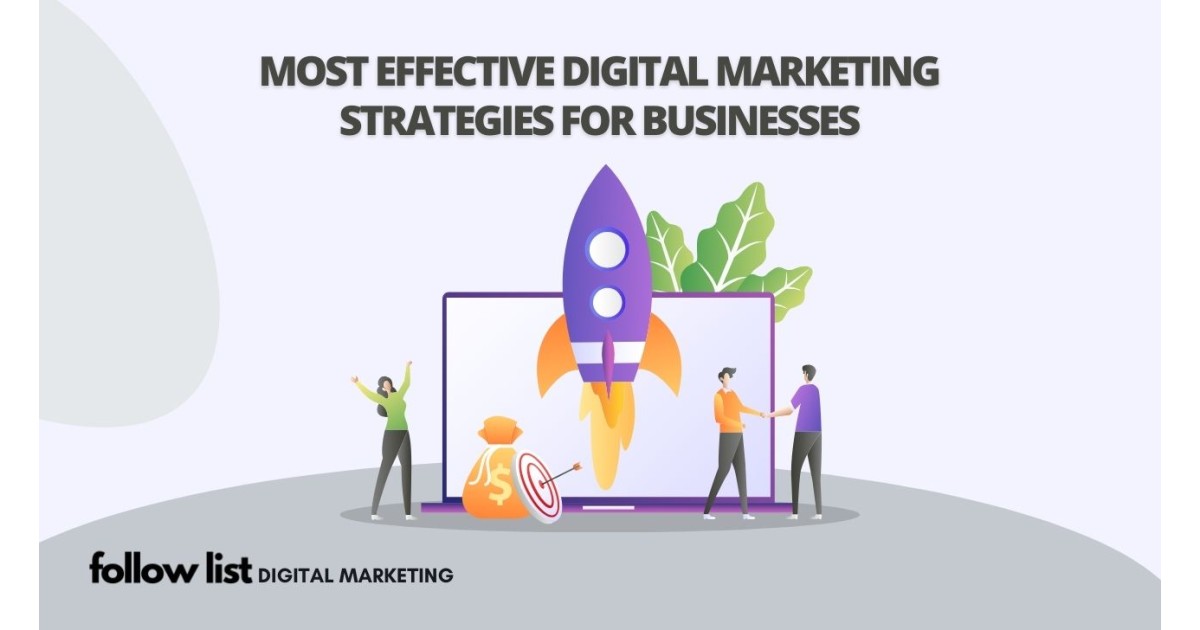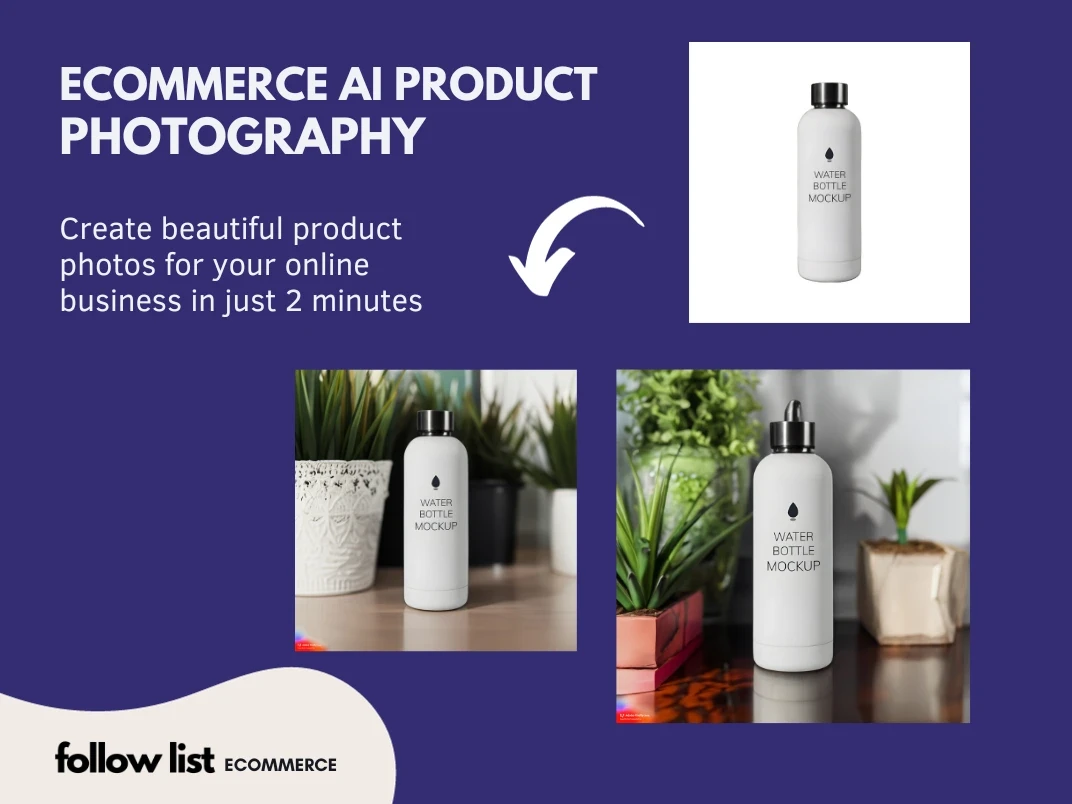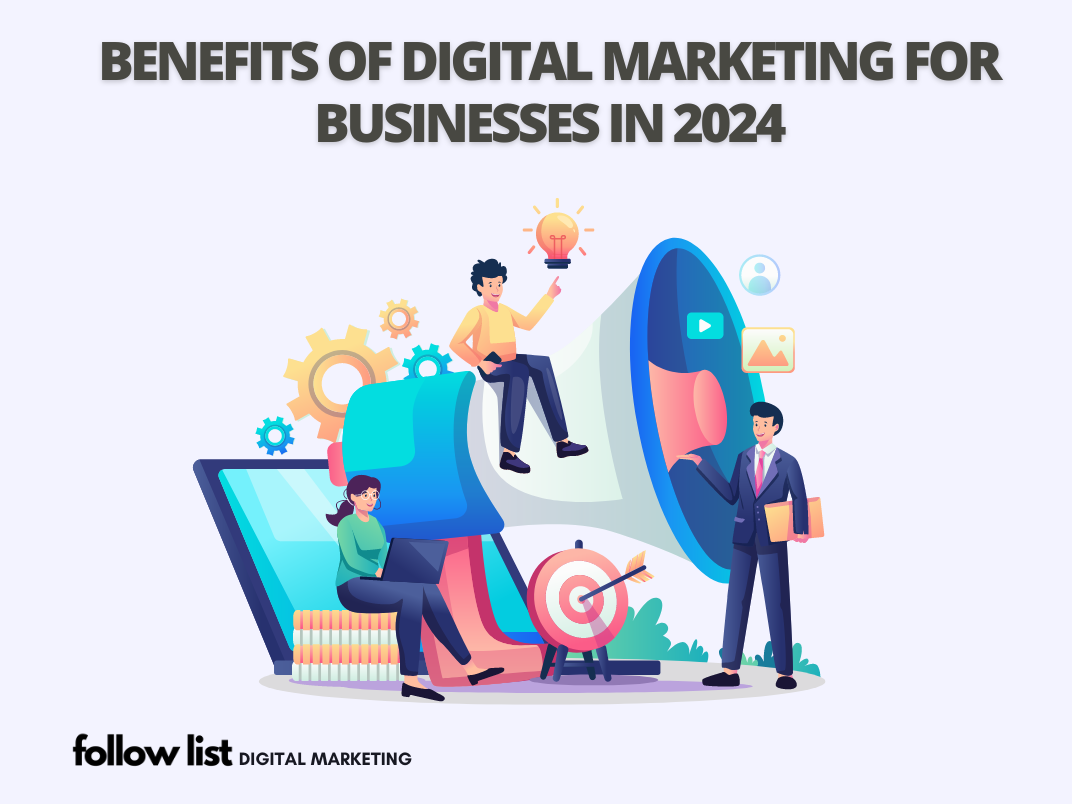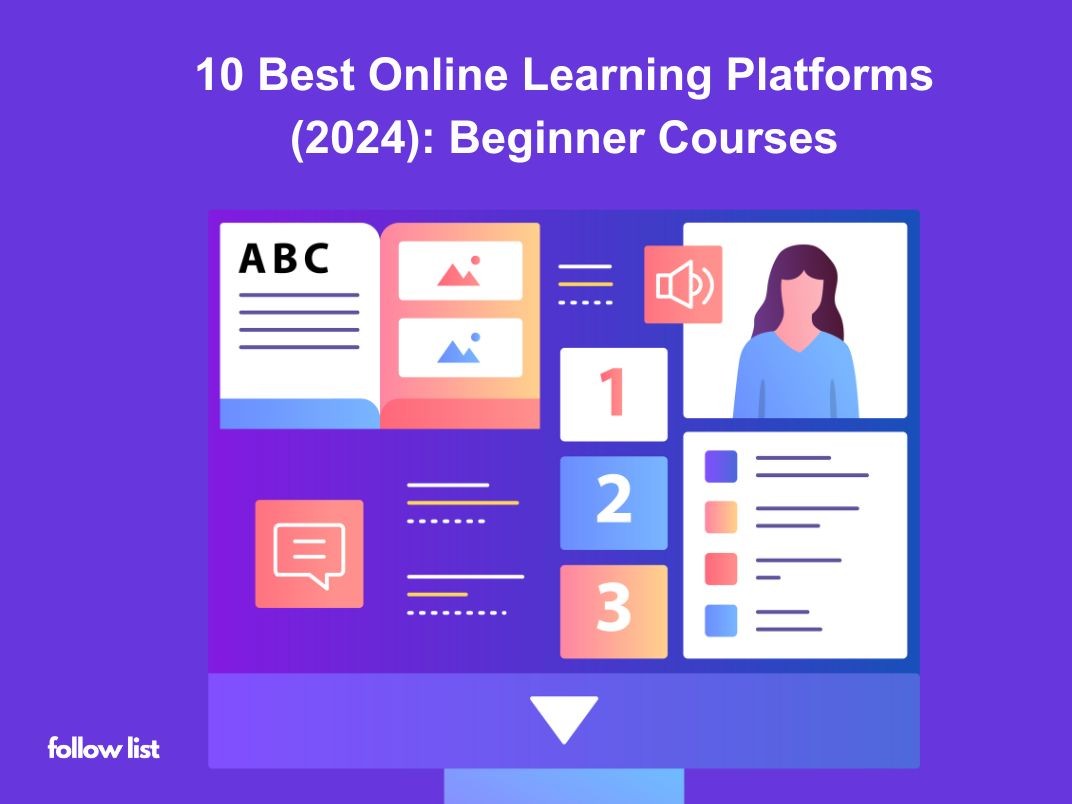
Table of Contents
Listen to this article
Most Effective Digital Marketing Strategies For Businesses In 2024
In the competitive digital landscape of 2024, businesses need to focus on specific digital marketing strategies for businesses to gain a competitive advantage and drive business growth through digital marketing.
To shine in this rapidly evolving environment, it is crucial to implement the best digital marketing strategies that align with your business vision and ideal customers.
Key Points:
- Implementing specific digital marketing strategies is crucial for particular business growth.
- Focus on SEO, SEM, content marketing, social media marketing, and email marketing.
- Stay updated with the latest trends to stay top amongst the competitors.
- Build a strong online presence and engage with your target audience.
- Refine and evaluate your strategies timely to optimize results.
SEO: Optimizing Your Online Presence
When it comes to digital marketing strategies for businesses, SEO (Search Engine Optimization) is an absolute must. In the process of SEO you can optimize your website’s key technical configuration, build links and post relevant and optimized content that increase traffic and engagement.
With the constantly evolving digital world, it is crucial to update your skills and strategies with advanced SEO techniques to attain the highest conversion of your marketing efforts. By optimizing your website and content, you can significantly rank top in search engine results pages (SERPs) and attract more organic traffic.
Effective Digital Marketing Strategies: SEO
Effective Digital Marketing Strategies start with SEO. SEO involves several key aspects as described below:
1. The first step is thorough keyword research, where you identify the most relevant and high-ranking keywords for your business. These keywords should be strategically incorporated into your website's meta tags, headings, and content to improve your search engine rankings.
2. Another important aspect of SEO is on-page optimization, which includes optimizing your website's structure, URL structure, title tags, meta descriptions, and internal linking. By following best practices and ensuring a user-friendly experience, you can enhance your website's visibility and engagement.
3. In addition to on-page optimization, building high-quality backlinks from reputable websites is essential for SEO success. These backlinks serve as "votes of confidence" for search engines, indicating that your website is trustworthy and authoritative. Implementing an effective backlink building strategy can significantly improve your search engine rankings and organic traffic.
Advanced Digital Marketing Strategies
As search engines continue to refine their algorithms, user experience optimization has become a crucial factor in SEO success. Also, your website should be mobile-friendly, loads quickly, and it should provide a seamless browsing experience in different devices. Additionally, the website should be optimized for voice search and leverage structured data markup to further improve your digital presence.
By implementing these advanced SEO strategies and staying updated with the latest trends and algorithm updates, you can create your online presence and drive significant organic traffic to your business. SEO is a long-term investment that can yield substantial results when executed effectively.
Search Engine Marketing: Boosting Your SERPs through Paid Advertising
Search engine marketing (SEM) is a powerful online marketing technique that allows businesses to boost their search engine results page (SERP) rankings through paid advertising. By leveraging platforms like Google Ads and Facebook Ads, businesses can reach a wider audience and drive targeted traffic to their websites.
One of the key benefits of search engine marketing is its ability to provide immediate results. Unlike organic search engine optimization (SEO) strategies, which can take time to show their impact, SEM allows businesses to appear at the top of search results as soon as their ads are approved. This is especially beneficial for new businesses or those looking to promote specific products or services.
When implementing search engine marketing strategies, it's important to conduct thorough keyword research to identify relevant and high-performing keywords for your ads. By selecting the right keywords, you can ensure that your ads are displayed to the most relevant audience.
In addition to keyword research, optimizing your ad copy, setting appropriate bid amounts, and monitoring the performance of your ads are crucial for the success of your search engine marketing campaigns. Constantly analyzing the data and making necessary adjustments can help you refine your ads and maximize their effectiveness.
Benefits of Search Engine Marketing
- Get on top in search engine results pages
- Ability to target specific keywords
- Increased brand visibility and awareness
- Precision targeting to reach the right audience
- Flexibility in budget allocation and ad scheduling
Best Practices for Search Engine Marketing
- Thorough keyword research to identify relevant and high-performing keywords
- Compelling ad copy that stands out and entices users to click
- Optimized landing pages for seamless user experience
- Regular monitoring and analysis of ad performance
- Ongoing optimization and refinement based on data insights
By incorporating search engine marketing into your online marketing strategy, you can effectively boost your search engine rankings, increase brand visibility, and drive targeted traffic to your website. However, it's important to stay updated with the latest trends and techniques in search engine marketing to stay ahead of the competition.
Local Search Marketing: Reaching Local Consumers
When it comes to digital marketing strategies for small businesses, local search marketing is a game-changer. In today's highly competitive marketplace, reaching local consumers is essential for business growth through digital marketing. By utilizing effective local search marketing tactics, businesses can increase their online visibility and attract customers who are actively searching for products or services in their local area.
Here are top 3 ways to reach local customers:
Google My Business
One of the essential tools for local search marketing is Google My Business. By creating and optimizing a listing on this platform, businesses can ensure that they appear in relevant local search results and on Google Maps.
This allows potential customers to find important information about the business, such as contact details, opening hours, and customer reviews. Maintaining an updated and accurate Google My Business profile can significantly impact a business's local online presence.
By Online Reviews and Social Media
Online reviews and social media play a significant role in local search marketing. Positive reviews from satisfied customers can build trust and credibility, encouraging others to choose your business.
It's crucial to actively manage and respond to reviews, showing potential customers that you value their feedback. Additionally, social media platforms provide an excellent opportunity to engage with the local community, share valuable content, and promote special offers or events.
By Building a Strong Local Brand Reputation
Building a strong local brand reputation is key to success in local search marketing. By delivering exceptional products or services and providing outstanding customer experiences, businesses can generate positive word-of-mouth and attract loyal customers.
Utilizing digital marketing strategies, such as creating localized content and engaging with local influencers, can further enhance your local brand reputation and attract new customers.
- Optimize your Google My Business profile to improve local search visibility.
- Encourage satisfied customers to leave positive online reviews.
- Engage with the local community through social media platforms.
- Deliver exceptional products/services to build a strong local brand reputation.
Content Marketing: Attracting a Targeted Audience
Content marketing is a vital component of effective digital marketing strategies. By creating valuable and relevant content, businesses can attract a targeted audience and establish themselves as thought leaders in their industry.
Whether it's blog posts, videos, podcasts, or social media updates, best relevant content helps businesses engage with their audience and build brand loyalty in short span of time.
Creating Valuable Content
A successful content marketing strategy starts with understanding your audience and their pain points. By identifying their needs, challenges, and interests, you can create content that provides solutions and value. This can be done through educational articles, how-to guides, case studies, or even inspirational stories.
Furthermore, evergreen content plays a crucial role in content marketing. By creating timeless pieces of content, businesses can continue to attract and engage their audience long after the initial publication.
Evergreen content can be repurposed, shared on social media, and optimized for search engines, ensuring it remains relevant and drives organic traffic over time.
Amplifying Your Content Reach
While creating valuable content is essential, it's equally important to amplify its reach. This can be achieved through various online marketing techniques, such as:
Search engine optimization (SEO) - Optimizing your content with relevant keywords, meta tags, and descriptive titles helps improve its visibility in search engine results pages.
Native advertising - Leveraging sponsored content on popular platforms allows you to reach a wider audience while maintaining the authenticity of your brand.
Influencer marketing - Collaborating with industry influencers helps extend your content's reach and credibility by leveraging their established audience.
Marketing automation - Utilizing automation tools to schedule and distribute your content across different channels can save time and ensure consistent delivery.
By implementing a comprehensive content marketing strategy and continuously measuring its effectiveness, businesses can attract a targeted audience, build brand awareness, and drive conversions. It's essential to stay updated with the latest online marketing techniques and adapt your strategy accordingly to stay ahead of your competition.
Remarketing: Re-Engaging Prospects with Targeted Content
Remarketing is a powerful digital marketing strategy that allows businesses to reconnect with potential customers who have previously interacted with their brand.
By utilizing cookies and tracking mechanisms, remarketing enables businesses to show targeted ads to individuals who have shown interest in their products or services. This online marketing technique can be highly effective in boosting brand awareness, engagement, and conversions.
One of the main advantages of remarketing is its ability to deliver personalized content to a specific audience segment. By analyzing user behavior and preferences, businesses can create very specified ads that connect with their target market. This level of personalization helps establish a deeper connection with prospects, increasing the likelihood of conversion.
Remarketing can also play a crucial role in attracting customers away from competitors. By strategically placing ads on websites they frequently visit, businesses can stay top-of-mind and entice these potential customers to choose their brand instead. This competitive advantage can significantly impact business growth and market share.
Key Benefits of Remarketing:
- Increased brand visibility and recognition
- Improved engagement and user experience
- Higher conversion rates and ROI
- Opportunity to target customers from competitors
- Enhanced brand loyalty and repeat business
When implementing a remarketing strategy, it's crucial to carefully segment your audience and create customized ad campaigns that align with their specific needs and interests. Regularly monitoring and analyzing the performance of your remarketing efforts will allow you to optimize your campaigns for better results.
In conclusion, remarketing is a highly effective online marketing technique that can help businesses re-engage prospects, increase brand visibility, and drive conversions. By delivering personalized content and strategically targeting potential customers, businesses can maximize their marketing efforts and achieve significant growth in the competitive digital landscape.
Responsive Web Design: Mobile Optimization for Better User Experience
With the increasing use of mobile devices, it has become imperative for businesses to prioritize responsive web design. A responsive website is optimized to provide a seamless user experience across different devices, including smartphones, tablets, and smartwatches.
By adapting to the screen size and orientation of each device, responsive web design ensures that your website looks and functions flawlessly on any device.
One of the key advantages of responsive web design is improved search engine optimization (SEO). Search engines like Google prioritize mobile friendly websites in their rankings, making it essential to have a responsive website to improve your online visibility. Additionally, responsive web design reduces page load times, which is another important factor in SEO ranking.
The Benefits of Responsive Web Design
Enhanced Mobile User Experience: Users can easily navigate and find information on your website, regardless of the device they are using.
Lower Bounce Rates: A responsive website keeps visitors engaged and reduces bounce rates by providing a smooth and consistent user experience.
Improved Conversion Rates: By optimizing your website for mobile devices, you make it easier for users to complete actions such as making a purchase or filling out a form, leading to higher conversion rates.
Better Brand Reputation: A mobile-friendly website reflects positively on your brand and shows that you prioritize user experience and accessibility.
To further enhance mobile web page loading speed, you can leverage Accelerated Mobile Pages (AMP). AMP is an open-source framework that allows you to create fast-loading, lightweight versions of your web pages.
Since page load speed is a crucial factor for both user experience and SEO, implementing AMP can significantly improve the performance of your website on mobile devices.
By investing in responsive web design, businesses can effectively optimize their online presence for the mobile-first era. With a mobile-friendly website, you can provide a positive user experience, improve SEO rankings, and ultimately drive more traffic and conversions for your business.
Email Marketing: Personalized Communication for Customer Engagement
Email marketing is an essential aspect of digital marketing strategies for businesses looking to engage with their audience on a more personal level. Wth the power of email, businesses can deliver targeted messages, nurture leads, and drive conversions. With the right approach, email marketing can be a highly effective tool for customer engagement and brand growth.
Why is Email Marketing Important?
One of the key benefits of email marketing is the ability to personalize communication with your audience. By segmenting your email list based on demographics, interests, and past behavior, you can tailor your messages to resonate with each individual subscriber.
This personalized approach helps to build stronger relationships, increase brand loyalty, and drive higher conversion rates.
A well-executed email marketing campaign can also enhance other aspects of your digital marketing strategy. For example, by including social media sharing buttons in your emails, you can encourage recipients to share your content with their network, increasing your brand's reach and visibility.
Additionally, integrating email marketing with other channels, such as social media and referral reward systems, can further enhance the effectiveness of your campaigns.
Best Practices for Effective Email Marketing
- Segment your email list to deliver relevant content to each subscriber group.
- Personalize your emails with the recipient's name and other relevant details.
- Create compelling subject lines that entice recipients to open your emails.
- Provide valuable and engaging content that addresses the needs and pain points of your audience.
- Include clear and prominent calls to action (CTAs) to drive desired actions from your subscribers.
- Optimize your emails for mobile devices to ensure a seamless user experience.
- Regularly analyze and measure the performance of your email campaigns to identify areas for improvement.
By following these best practices, businesses can harness the power of email marketing to build stronger relationships with their audience, drive conversions, and achieve their marketing goals.
Social Media Marketing: Engaging and Connecting with Your Audience
Social media marketing plays a pivotal role in the digital marketing strategies for businesses, offering unique opportunities to engage with your audience and build brand awareness.
Platforms such as Facebook, Twitter, LinkedIn, Instagram, and Pinterest have become essential channels for businesses to connect with their target audience and share valuable content.
By utilizing social media marketing techniques, businesses can foster meaningful relationships with their audience, drive website traffic, and ultimately, increase conversions.
One of the key advantages of social media marketing is its ability to facilitate direct communication with your customers, allowing you to respond to inquiries, address concerns, and provide personalized support.
Creating Engaging Content
A successful social media marketing strategy involves creating highly engaging content that connects with your targetted audience. By eye catching visuals, relevant hashtags, and suspensive storytelling, you can capture the attention of social media users and encourage them to like, comment, and share your posts. This not only expands your reach but also boosts brand loyalty and awareness.
Automation of Content Creation
To streamline your social media marketing efforts, you can leverage automation tools that allow you to schedule posts in advance and manage multiple platforms simultaneously.
Additionally, creating content from other reputable sources in your industry can help establish your brand as a reliable source of information and thought leadership.
Tracking and Analyzing Performance
Implementing social media tracking and analytics tools is essential for measuring the effectiveness of your campaigns and fine-tuning your strategies.
By analyzing key metrics such as engagement rates, click-through rates, and conversion rates, you can gain valuable insights into your audience's preferences and behavior, enabling you to continuously optimize your social media marketing efforts.
By incorporating social media marketing into your overall digital marketing strategy, you can effectively engage and connect with your audience, build brand awareness, and drive business growth.
Conclusion
In today's digital globe, implementing effective digital marketing strategies is crucial for business growth. By utilizing strategies like SEO, SEM, content marketing, social media marketing, and email marketing, businesses can optimize their online presence, attract a targeted audience, and achieve their marketing goals.
One of the key benefits of digital marketing strategies is their ability to drive business growth. By implementing these strategies, businesses can increase brand visibility, generate more website traffic, and ultimately convert leads into loyal customers.
With the right digital marketing tactics in place, businesses can experience improved brand recognition, increased sales and revenue, and a competitive edge in the market. While looking for digital growth must keep in mind about its ever-evolving field.
To stay ahead of the competition, businesses need to stay updated with the latest trends, algorithms, and consumer behaviors. Regular evaluation of strategies and continuous refinement is key to ensuring long-term success and sustained business growth through digital marketing.





